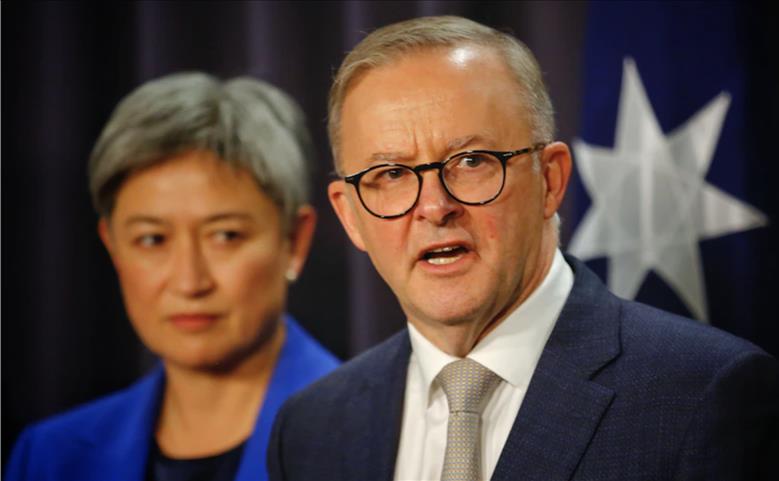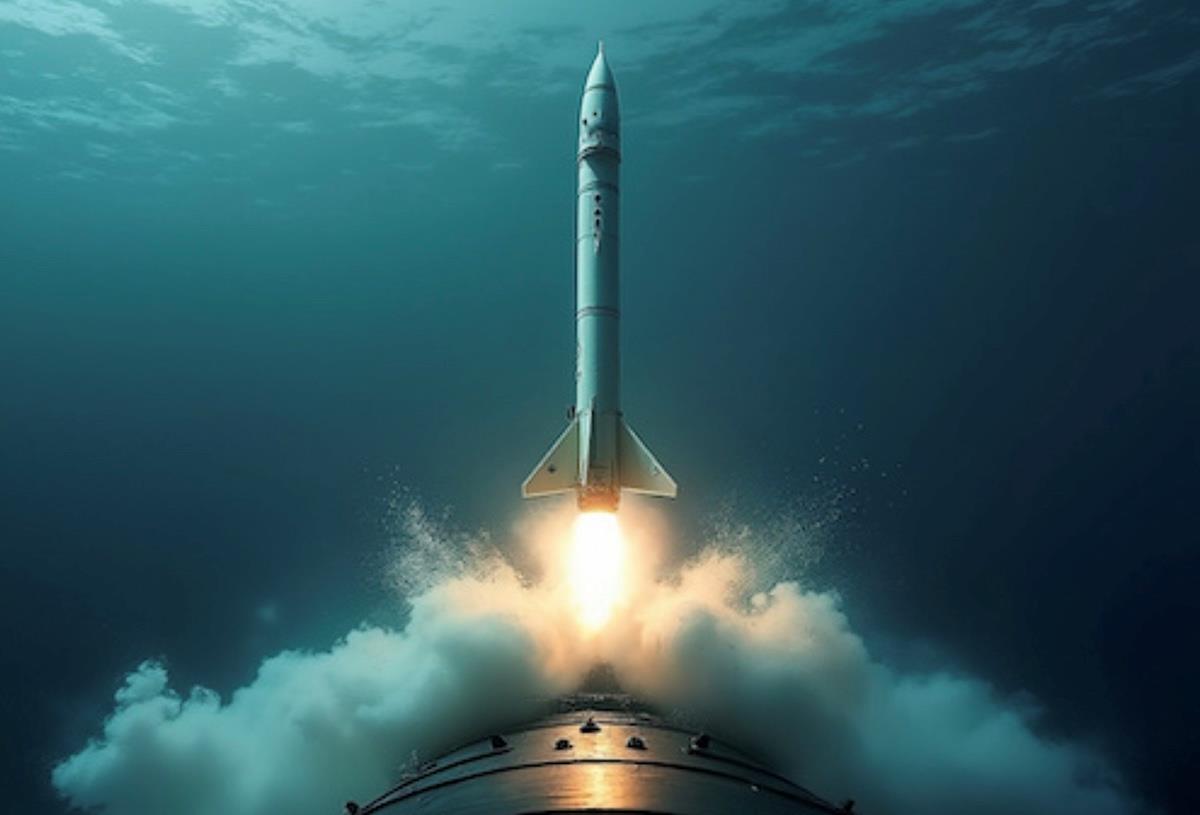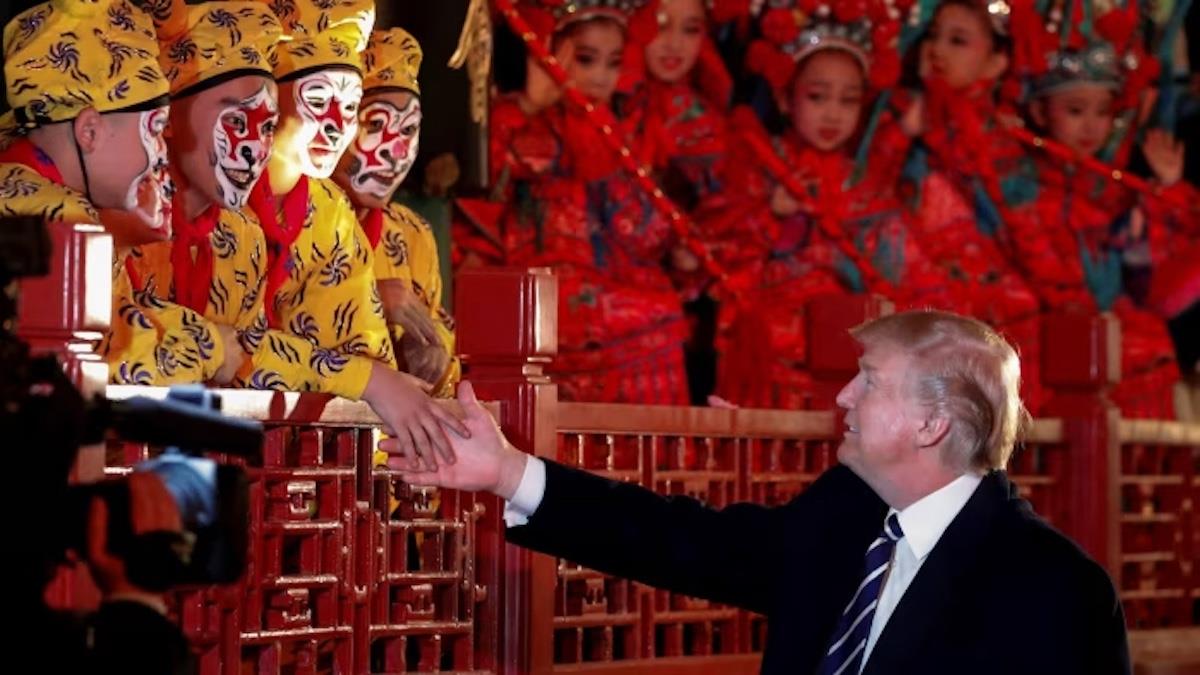
Australia Should Break With US Sanctions Under Trump
In contrast, Australian Foreign Minister Penny Wong reiterated the need to respect the“independence of the ICC and its important role in upholding international law.”
These divergent responses highlight a core problem with Australia's current approach to sanctions, which is the topic of an ongoing Senate inquiry.
Shadow Foreign Affairs Minister Simon Birmingham initiated the review to seek ways to better align Australia's sanctions with those of allies like the US. Instead, the review should be an opportunity to reset this flawed principle of alignment in favor of an approach grounded in core principles of international law.
Australia's history of sanctionsSanctions are official measures that prohibit trade and economic relations with particular states or individuals for a range of reasons. These can include to pressure a state to change its behavior, enforce international norms or isolate individuals for unlawful behavior.
Australia's sanctions regime is made up of two categories:
- sanctions that implement decisions of the UN Security Council
- “autonomous” sanctions that Australia applies unilaterally.
Historically, Australian sanctions have, at times, preceded Security Council action. In the mid-1960s, Australia followed the United Kingdom in sanctioning the white supremacist rule in Rhodesia (now Zimbabwe) before the council adopted sanctions.
Australia also sanctioned apartheid-era South Africa in the mid-1980s in the absence of Security Council action – and in the face of initial opposition from the UK and US.
Since 2011, Australian legislation grants the foreign minister broad discretionary powers to impose unilateral sanctions on other countries. This system has recently been expanded to include sanctions of individuals engaged in corruption and serious abuses of human rights.
Australia now imposes a range of sanctions autonomously, including travel bans and freezing of financial assets. This includes sanctions on the political and military leaders of Myanmar, Zimbabwe and Russia.

Legal Disclaimer:
MENAFN provides the information “as is” without warranty of any kind. We do not accept any responsibility or liability for the accuracy, content, images, videos, licenses, completeness, legality, or reliability of the information contained in this article. If you have any complaints or copyright issues related to this article, kindly contact the provider above.


























Comments
No comment